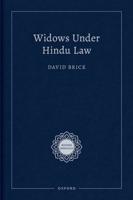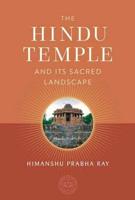Publisher's Synopsis
Excerpt from The Vedânta-Sûtras, Vol. 1: With the Commentary by Sankarâkârya
At What perlod these two sastras first assumed a definite form, we are unable to ascertain. Discussions of the nature of those which constitute the subject-matter of the Purva Mimamsa must have arisen at a very early period, and the word Mimamsa itself together with its derivatives is already employed in the Brahmanas to denote the doubts and discussions connected with certain contested points of ritual. The want of a body of definite rules prescribing how to act, i. E. How to perform the various sacrifices in full accordance with the teaching of the Veda, was indeed an urgent one, because it was an altogether practical want, continually pressing itself on the adhvaryus engaged in ritualistic duties. And the task of establishing such rules was moreover a comparatively limited and feasible one; for the members of a certain Vedic sakha or school had to do no more than to digest thoroughly their own brahma?a and samhita, without being under any obligation of reconciling with the teaching of their own books the occasionally con flicting rules implied in the texts of other Sakhas. It was assumed that action, as being something which depends on the will and choice of man, admits of alternatives, so that a certain sacrifice may be performed in different ways by members of different Vedic schools, or even by the followers of one and the same Sakha.
About the Publisher
Forgotten Books publishes hundreds of thousands of rare and classic books. Find more at www.forgottenbooks.com
This book is a reproduction of an important historical work. Forgotten Books uses state-of-the-art technology to digitally reconstruct the work, preserving the original format whilst repairing imperfections present in the aged copy. In rare cases, an imperfection in the original, such as a blemish or missing page, may be replicated in our edition. We do, however, repair the vast majority of imperfections successfully; any imperfections that remain are intentionally left to preserve the state of such historical works.



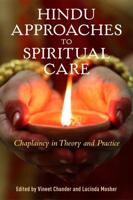
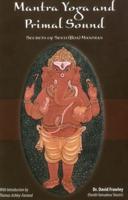
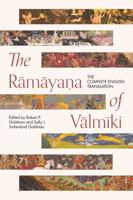
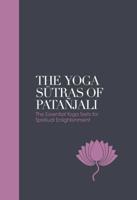
![Bhagavad Gita As It Is [Gujarati Language]](/jacket/200x200/9789382176435.jpg)
